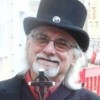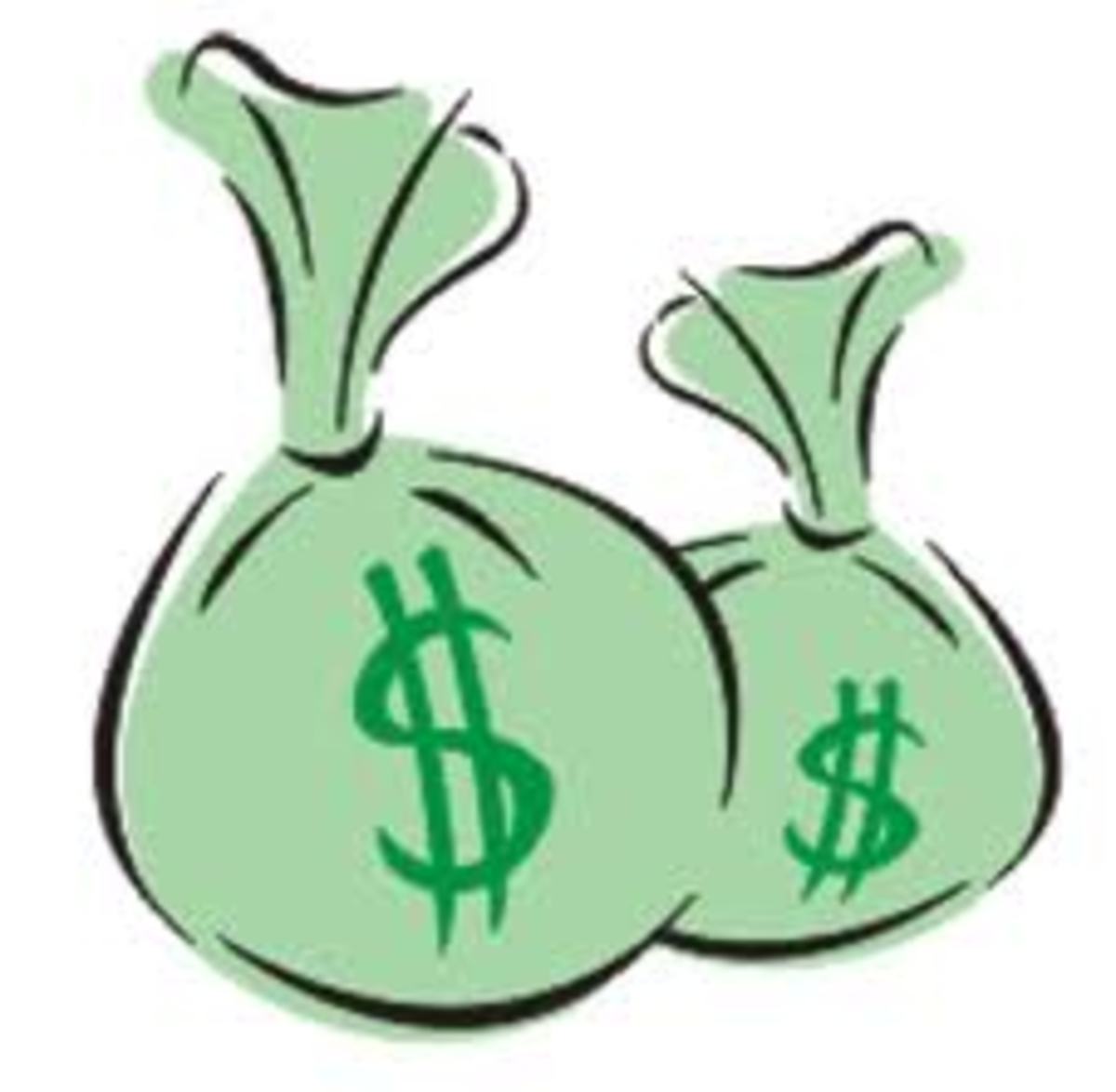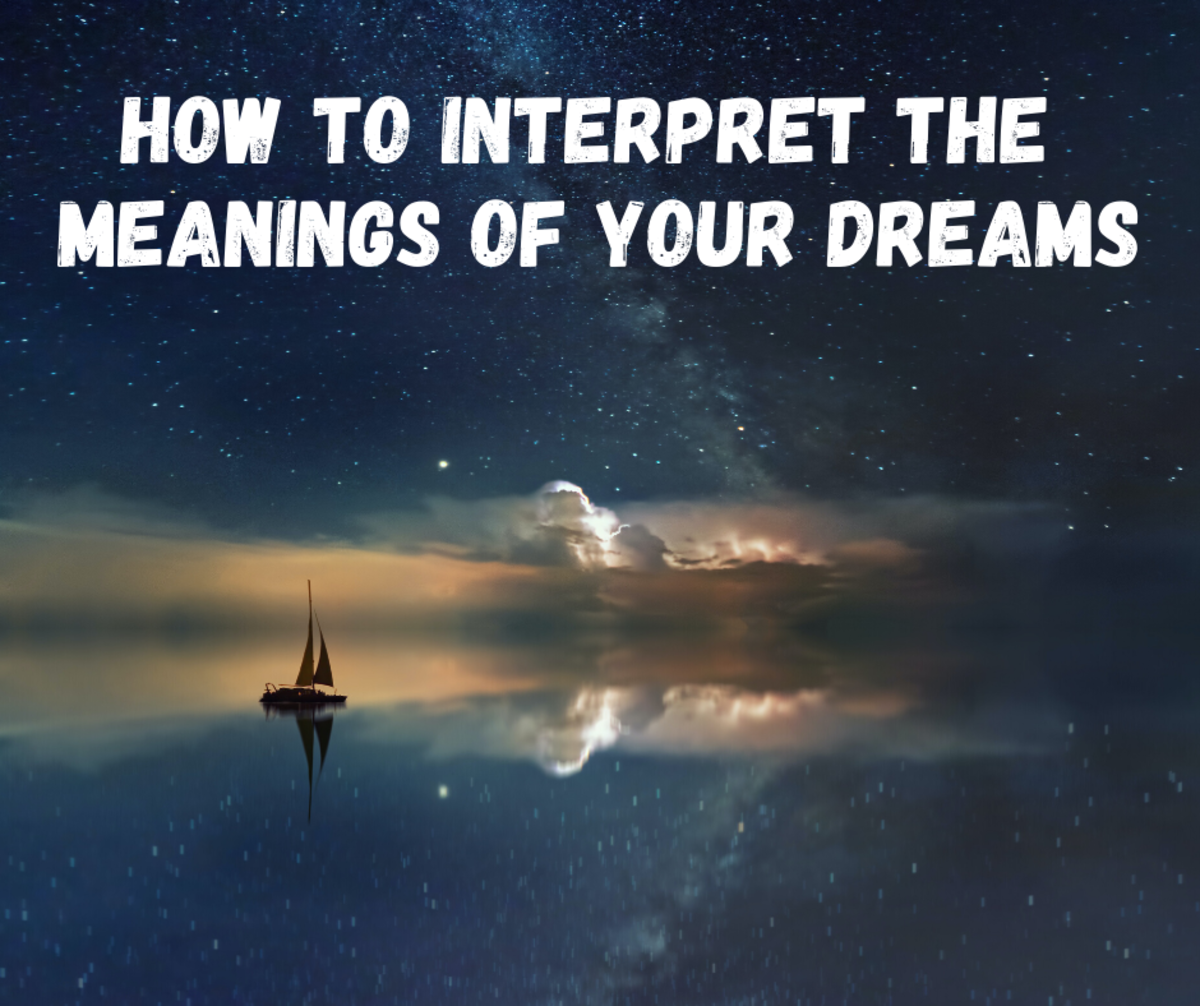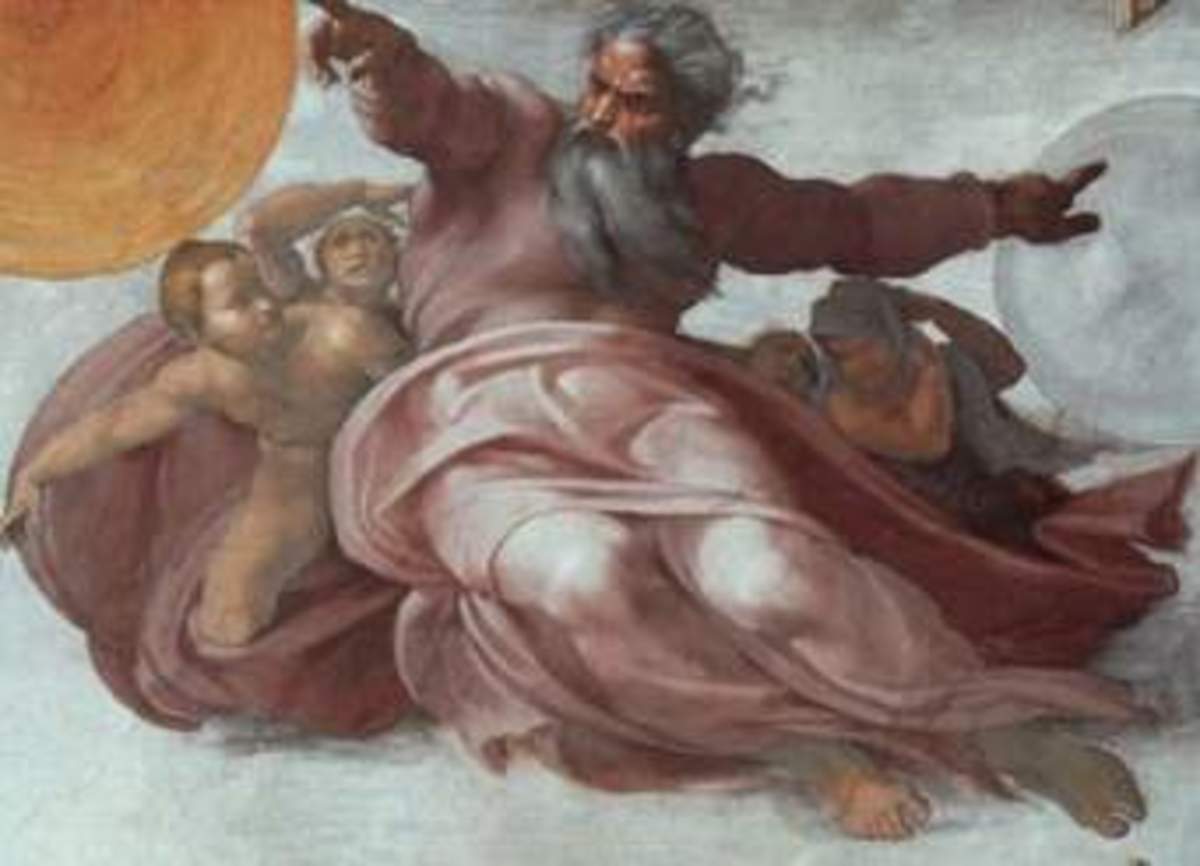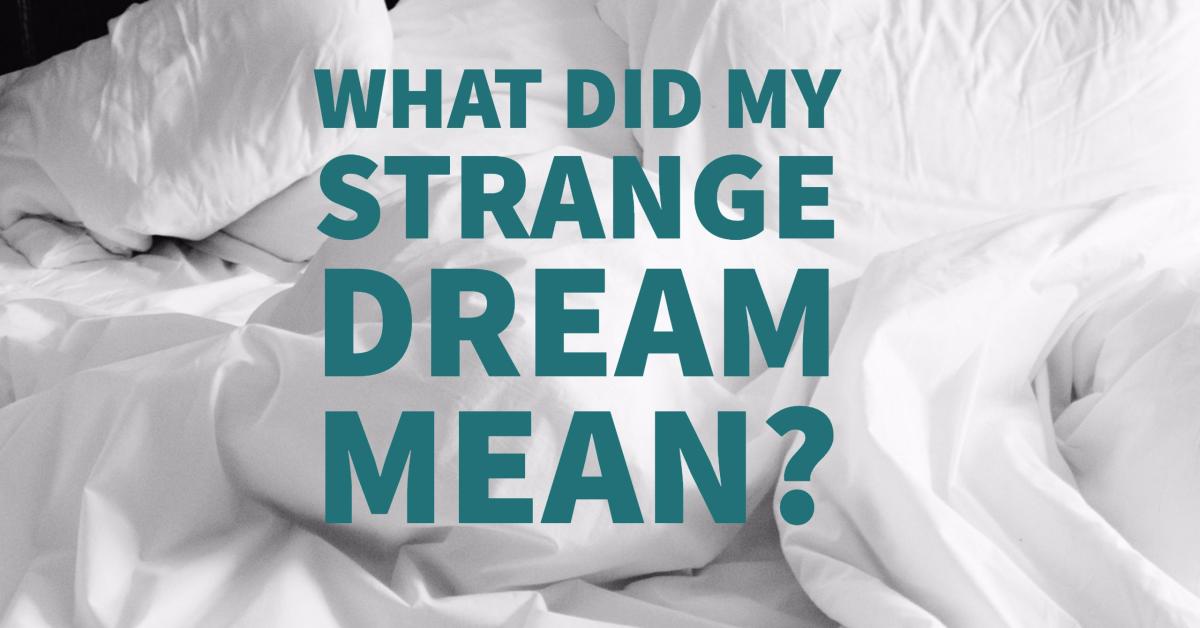On Dreams
Tread softly because you tread on my dreams."
— W.B. Yeats (1865–1939) "He Wishes For the Cloths of Heaven"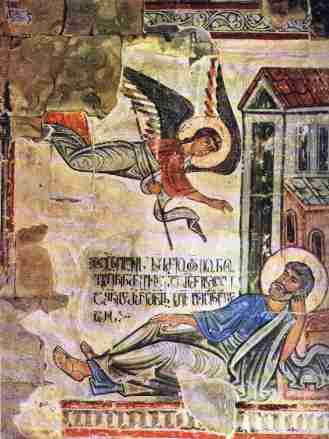
“Nothing happens unless first we dream.” Carl Sandburg.
Joseph's dream
My son is named Joseph.
The day after he was born I came to the hospital to see him and his mum. He was fast asleep and dreaming. There he was, this little body in a cot, his eyes rolling around in his sockets as if there was a war going on in his head. Maybe there was a war going on, who knows?
It was clearly something stupendous.
His tiny hands were clenching and unclenching as if he was climbing a ladder to the stars.
At the time I was reading a book by Laurens van der Post which referred to the biblical figure of Joseph, the perennial dreamer whose dreams came true. I knew immediately that this was my son’s name.
In the bible Joseph dreams that he is a sheath of wheat and that all the sheaths around him bow down to him. Later he dreams that the sun and the moon and the stars also bow down to him. Out of jealousy his brothers sell him into slavery; but Joseph shows himself to be adept at the interpretation of dreams and in time becomes the Pharaoh’s trusted servant and the governor of the land of Egypt. When his brothers come to Egypt to buy corn they are forced to bow. In this way his dream comes true.
In the biblical version of dream interpretation, then, dreams tell the future.
At the beginning of the 20th Century Sigmund Freud, a secular Jew, wrote a book called The Interpretation of Dreams. He was inspired to this by the tradition amongst Jewish mystics, dating back to the earliest times, of interpreting meaning in the seemingly irrelevant jumble of people’s dreams.
Freud’s version of dream interpretation is that they represent wish fulfilment. This is the example he gives. A little boy wants to eat cherries in the day, but is stopped by his mother. That night he dreams he is eating cherries, thus fulfilling the wish denied to him in the day.
Lucid dreaming
Modern science offers us another interpretation of what dreams might mean. According to Allan Hobson and Robert McCarley they mean nothing at all. Their theory is called the activation-synthesis hypothesis and it suggests that dreams are just random electrical impulses in the brain. The only reason we see a “story” in them is that the waking mind cannot cope with disorder, and therefore adds its own narrative to the random muddle. It tries to make sense out of the nonsense.
This may or may not be true, but it fails to explain a number of important things.
So, for example we can be highly creative in dreams. Paul McCartney first heard the melody for Yesterday in a dream, Mary Shelley envisaged the plot to Frankenstein and Friedrich August Kekulé von Stradonitz discovered the structure of the Benzene molecule. Over the centuries a number of people have made many important discoveries in their dreams.
Also it is possible to be dreaming and awake at the same time.
This is called “lucid” dreaming. The dreamer wakes up in the dream to know that he is dreaming.
I have had a number of lucid dreams in my life. Almost invariably it ends up with me attempting to fly. I think, “hey, I’m dreaming, so I can fly!” At which point I will launch myself upwards to go soaring and spiralling in the air. The sheer exhilaration of being able to fly, even for a brief moment, is enough to keep me excited for days.
As for what dreams may “mean”, this is up to you to interpret.
My belief is that very often dreams represent hidden desire. In this sense both Freud and the biblical Joseph were right. Dreams are wish-fulfilment. They tell the future because they reveal your own secret wishes. If you act upon them, then your dreams will, indeed, come true.

© 2010 Christopher James Stone
